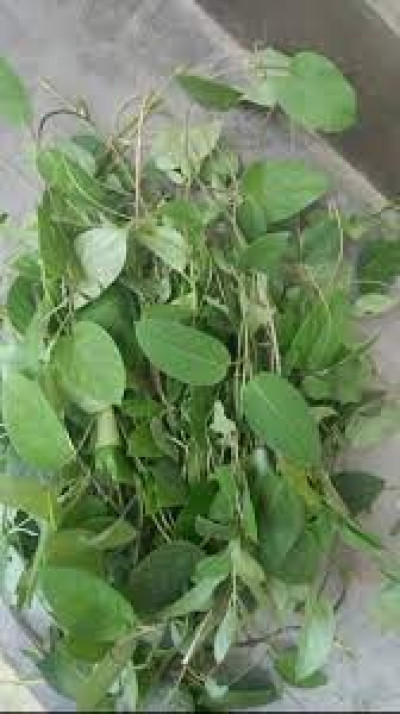Detailed Notes
In Assamese cuisine, Bhedailota leaves are typically stir-fried or cooked with small fish, potatoes, or other vegetables. The herb’s unique flavor not only enhances the dish but is also believed to stimulate appetite and improve digestion.
From a medicinal perspective, Bhedailota has long been used in traditional Assamese herbal medicine to treat ailments like stomach disorders, joint pain, and inflammation. It is rich in antioxidants and compounds that help detoxify the body, making it a valuable addition to seasonal diets.
Culturally, Bhedailota reflects Assam’s deep connection to nature and sustainable living. For rural communities, it is more than just an herb—it’s part of the region’s heritage of using locally available plants for food and healing.
